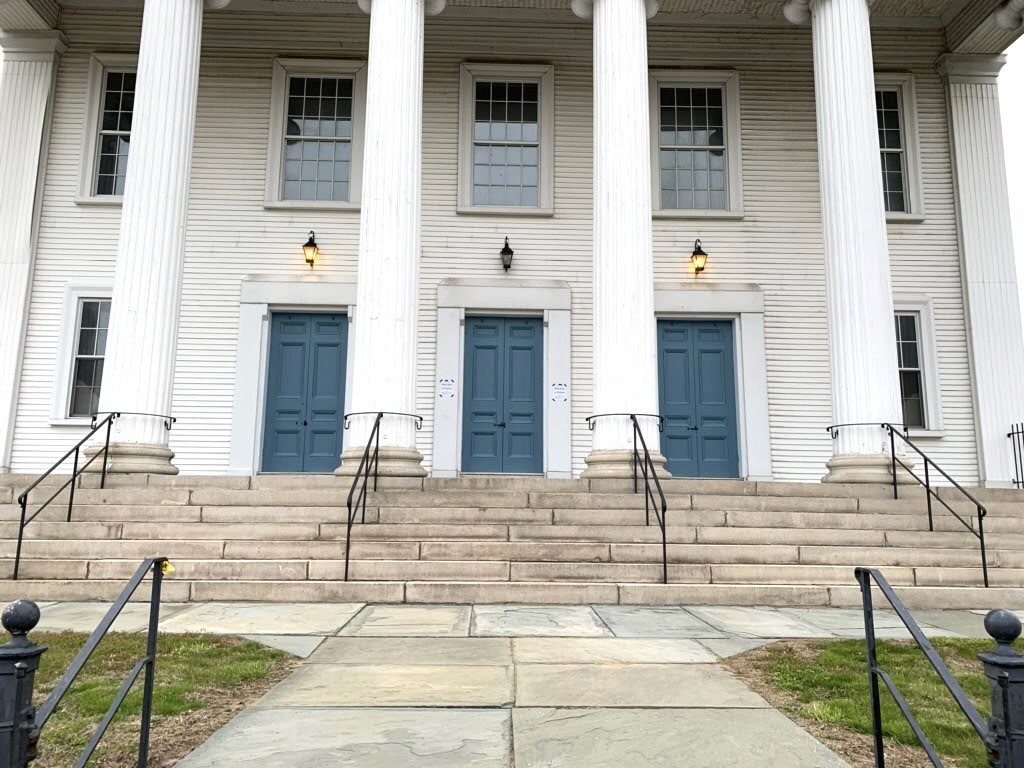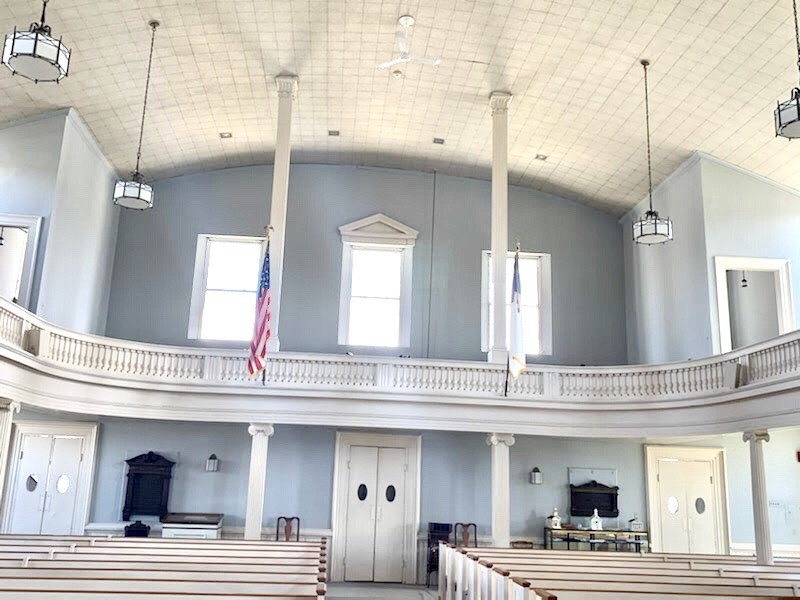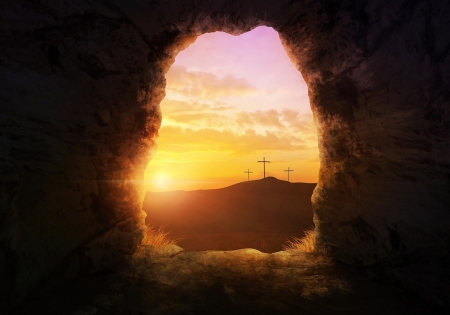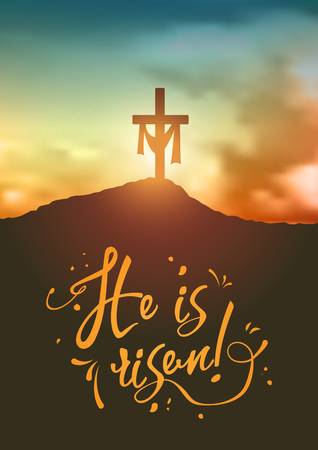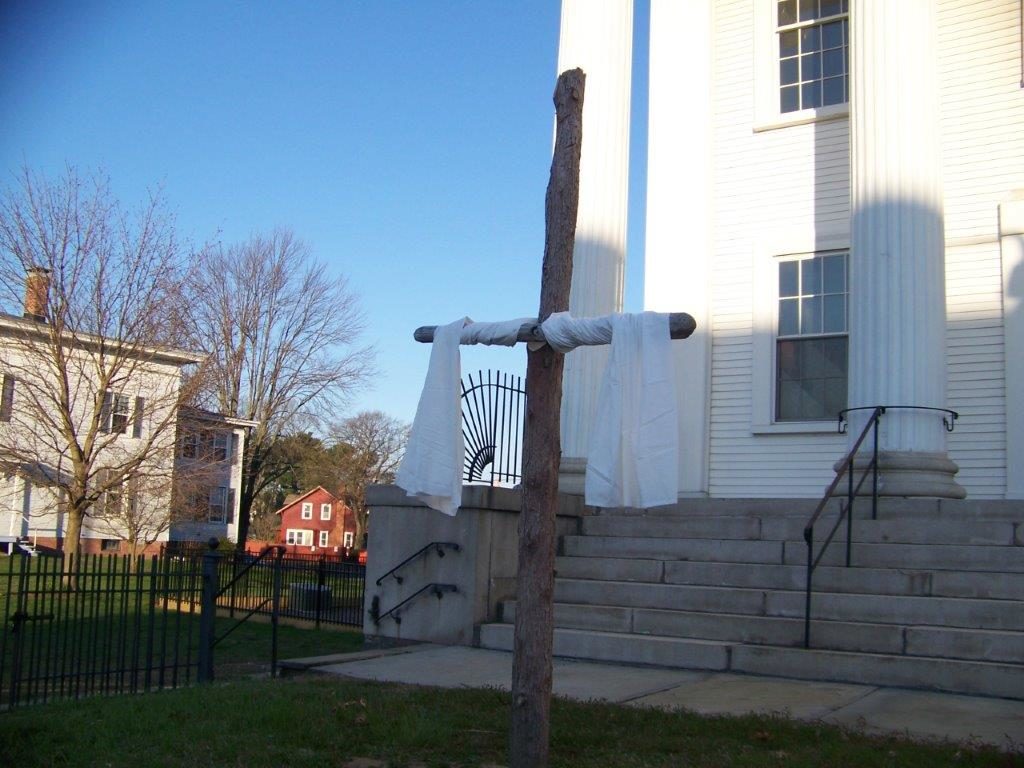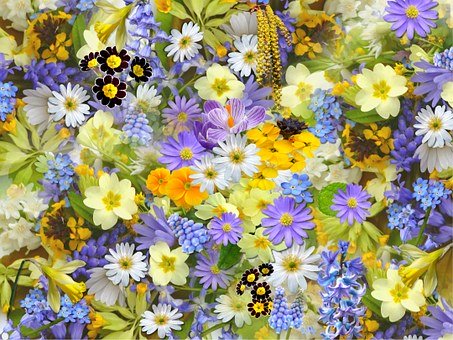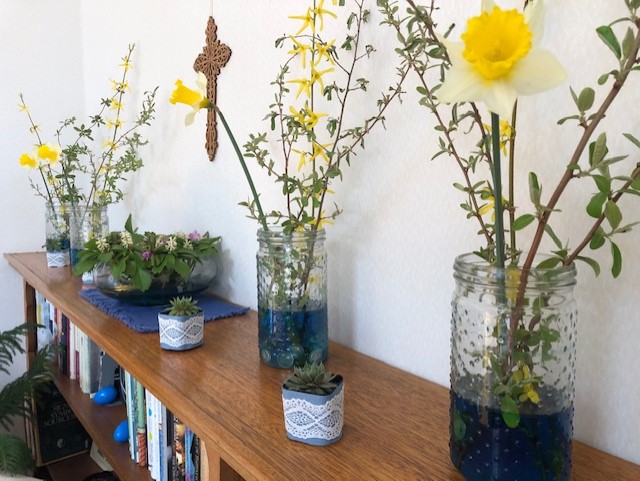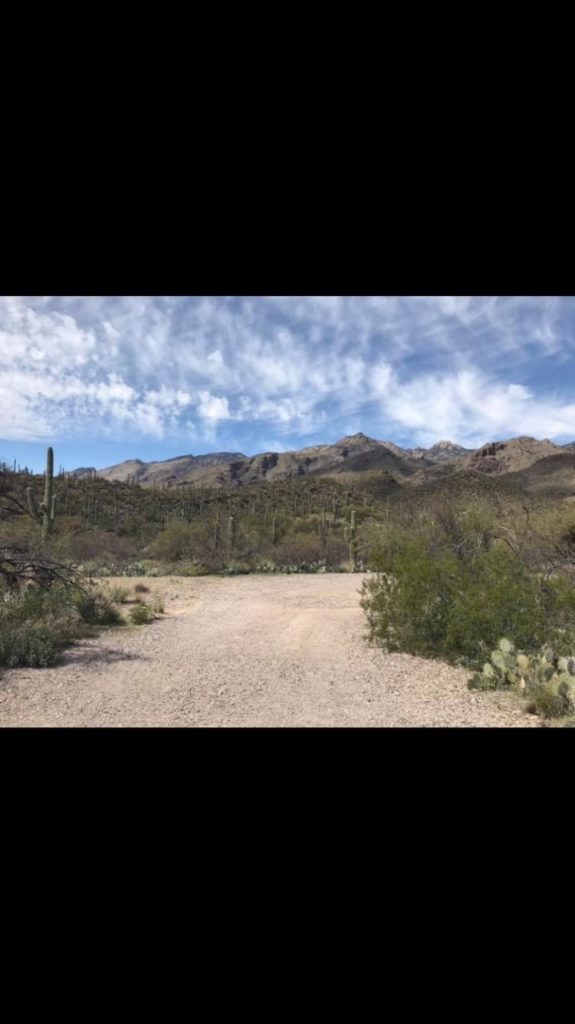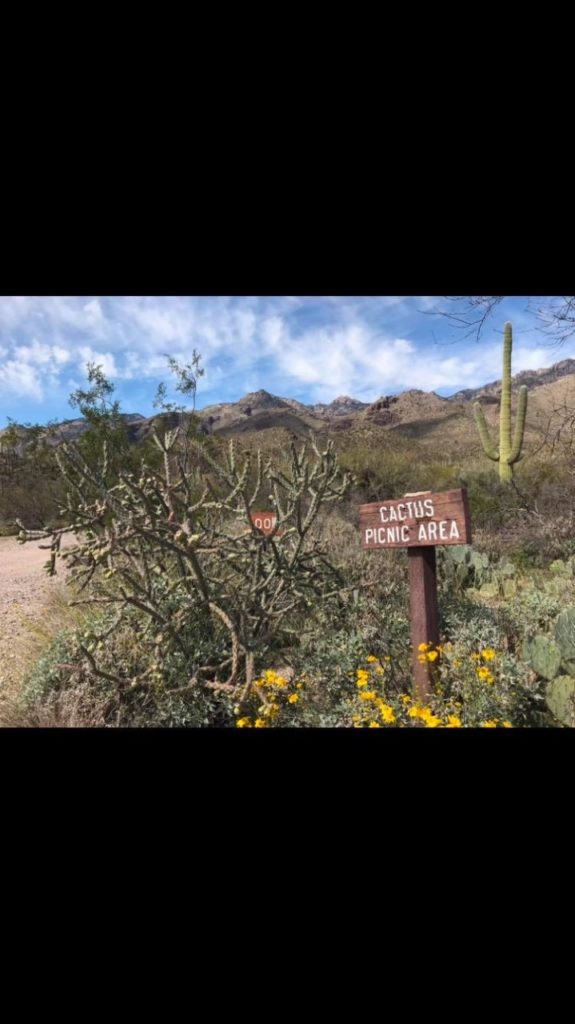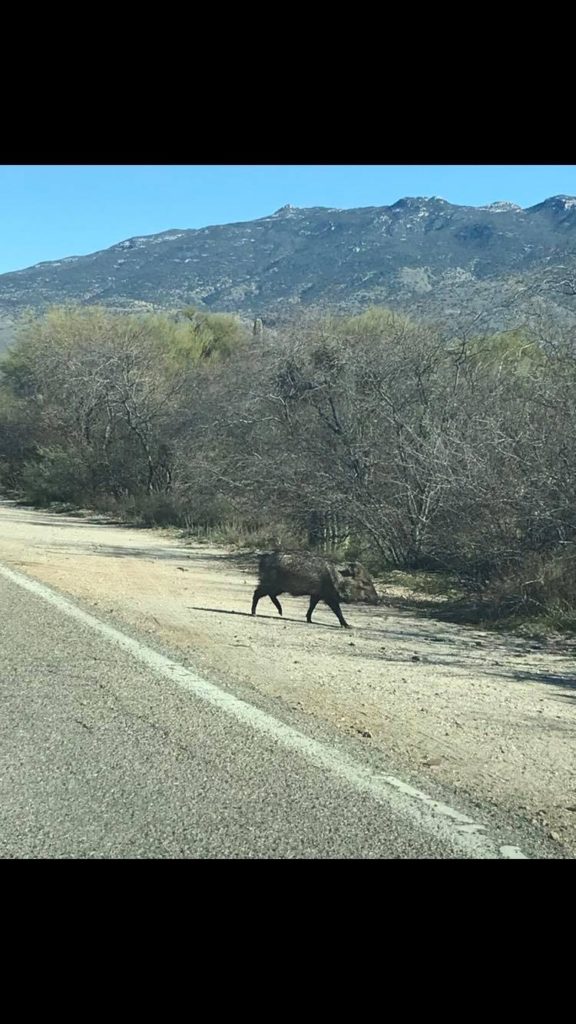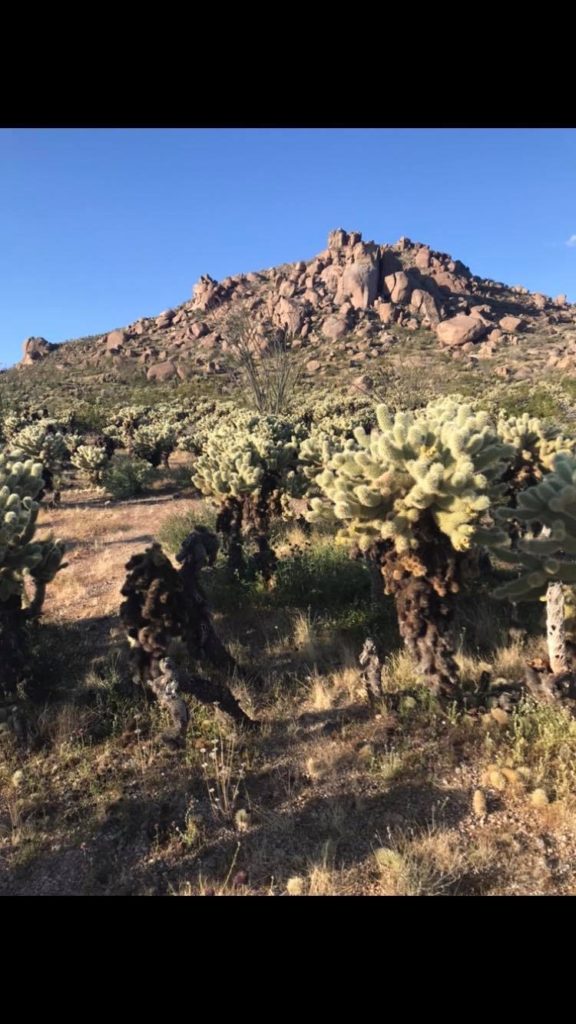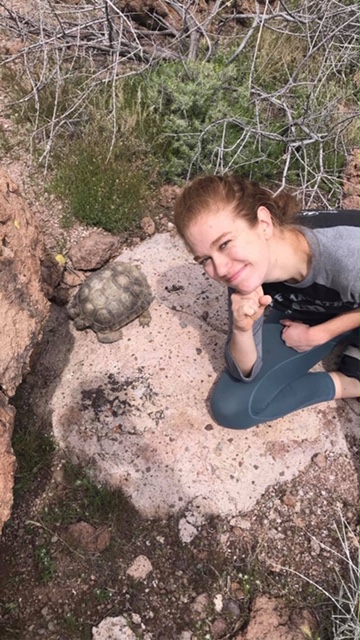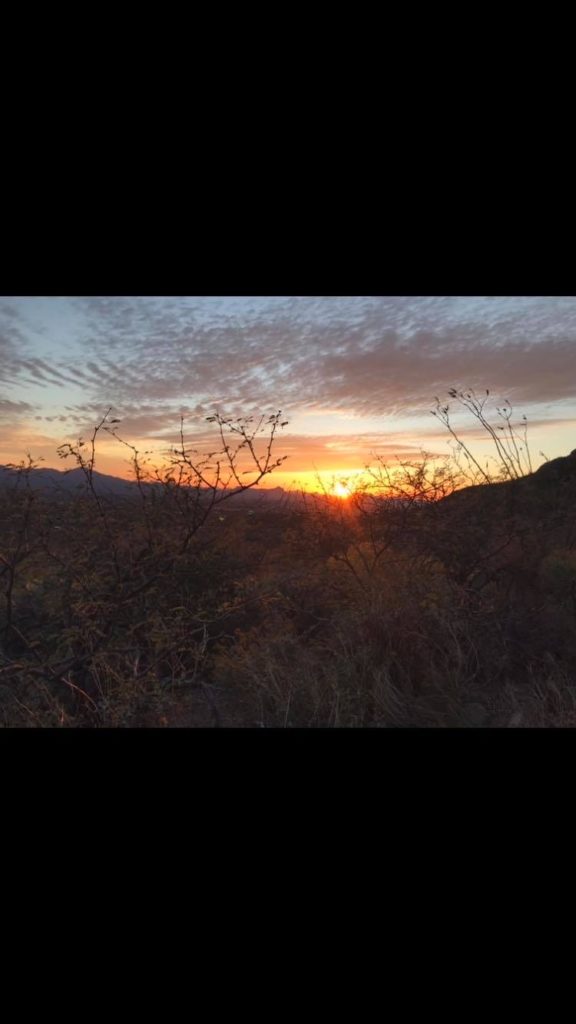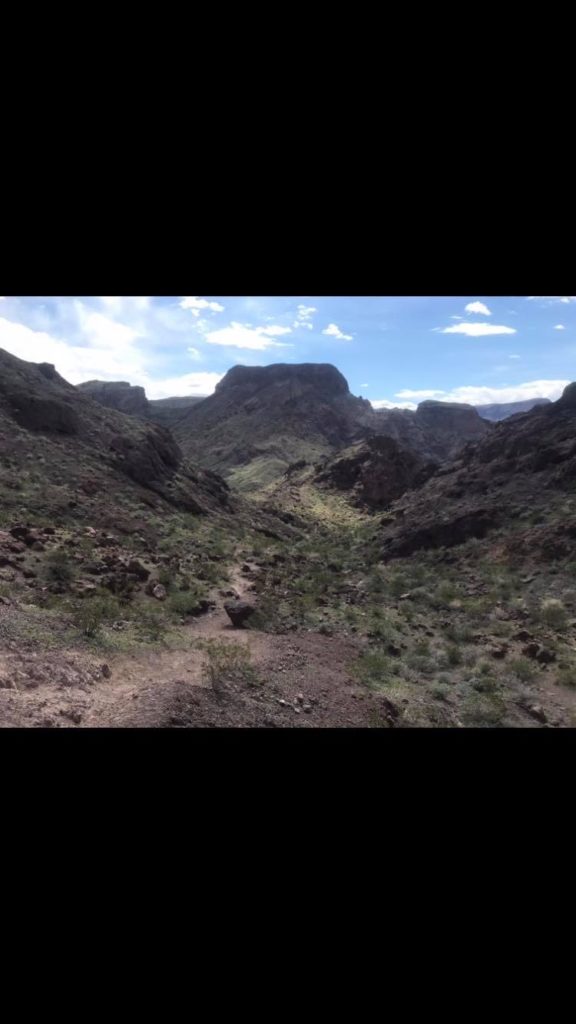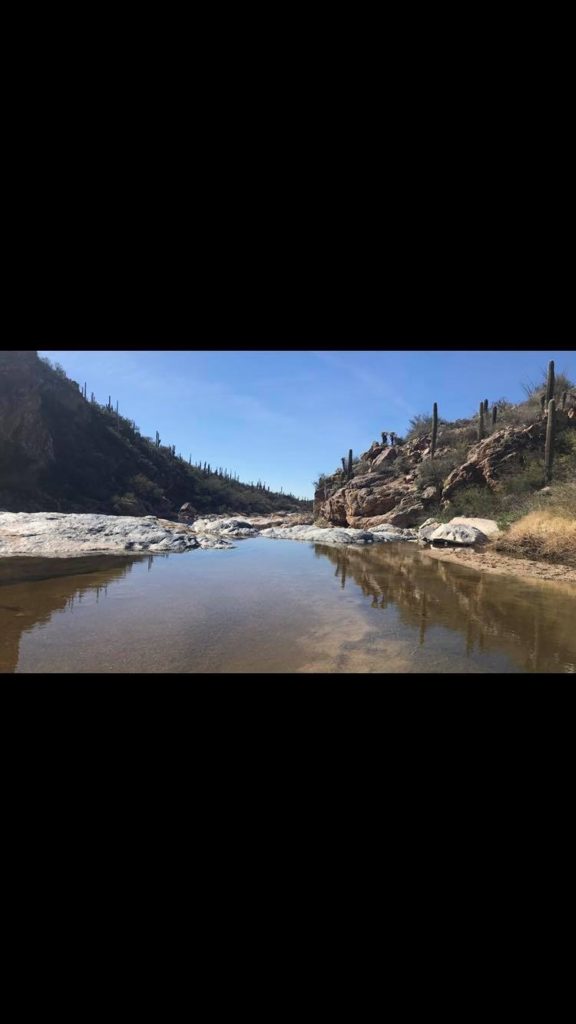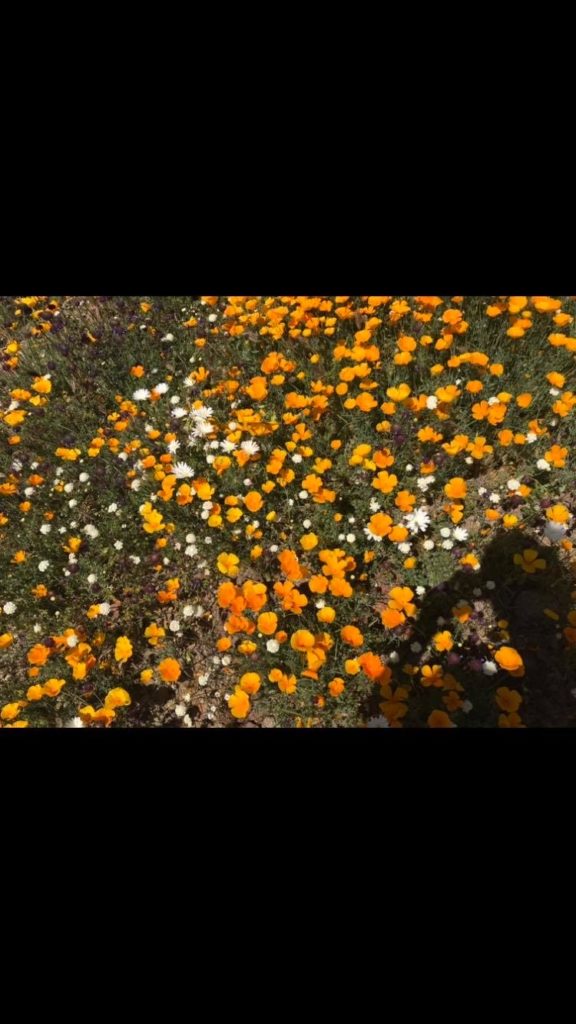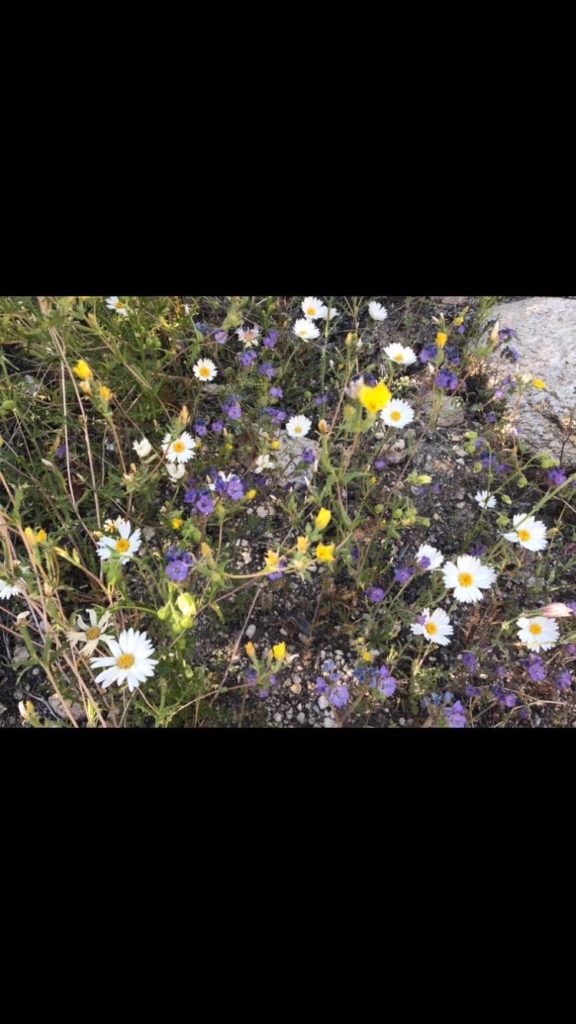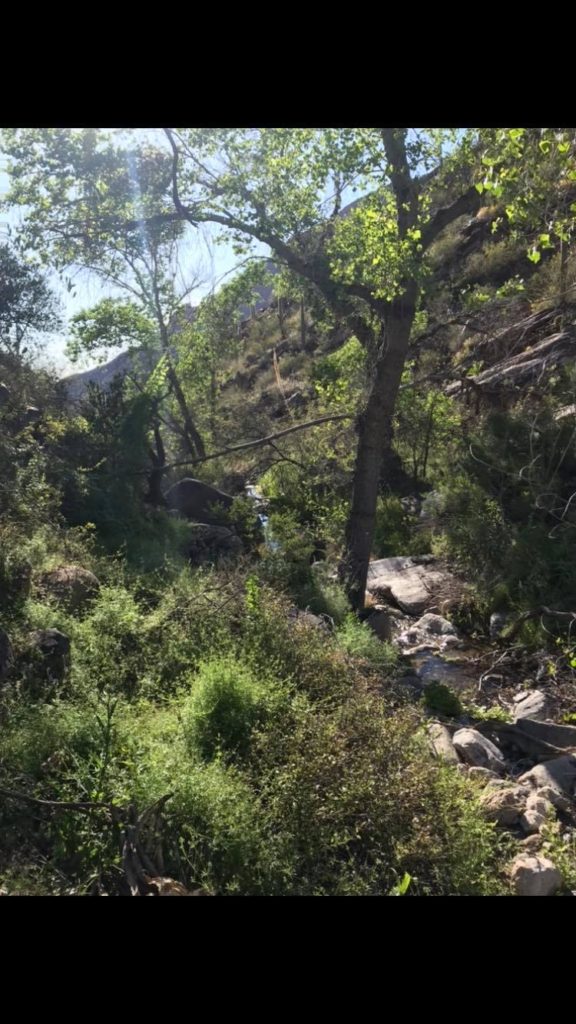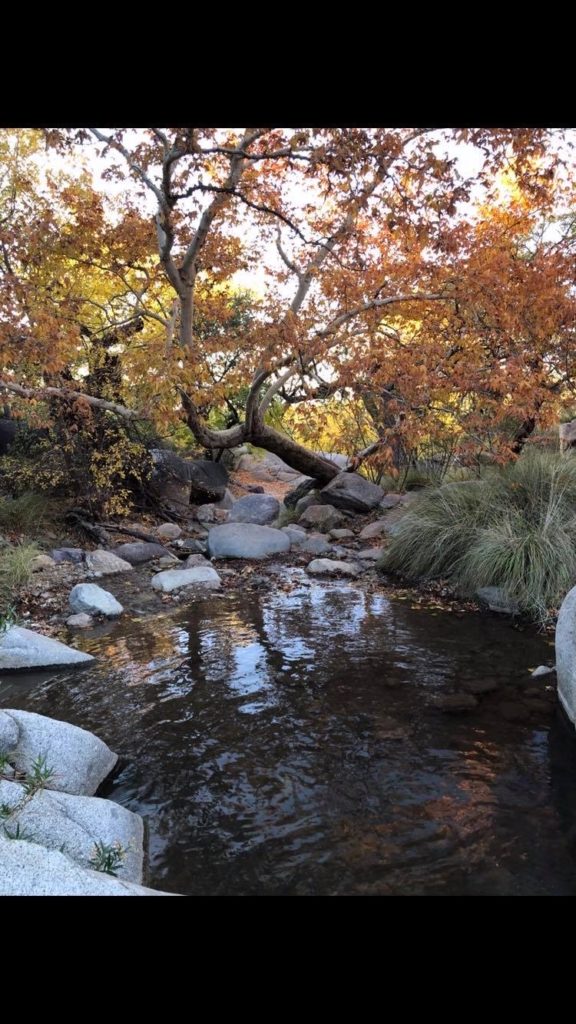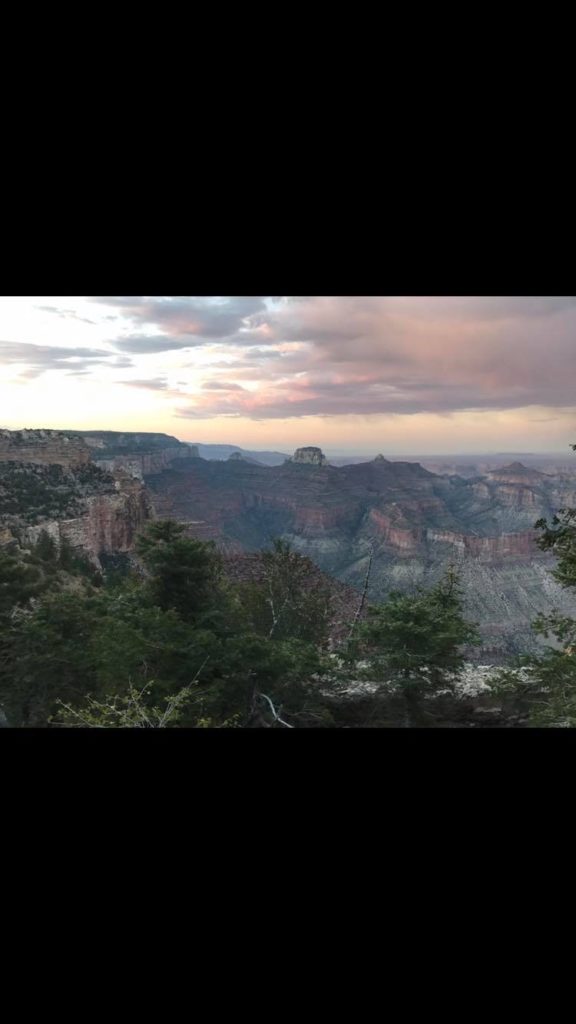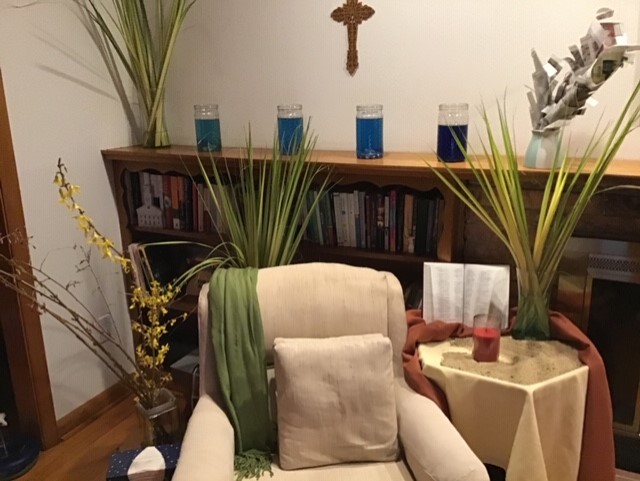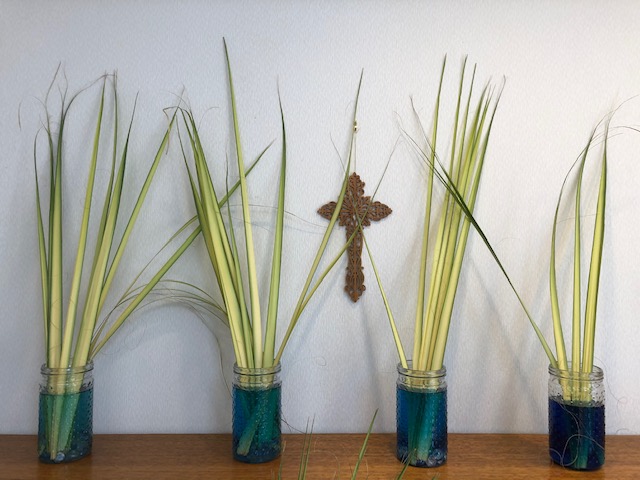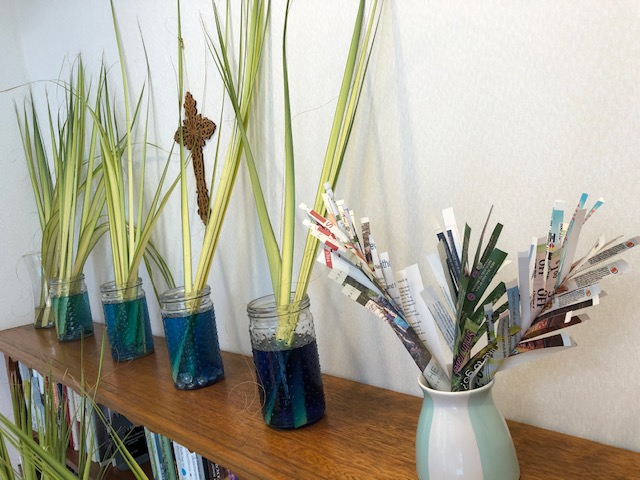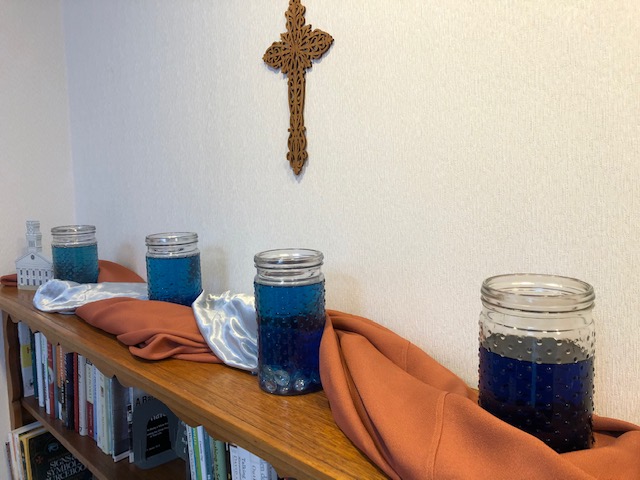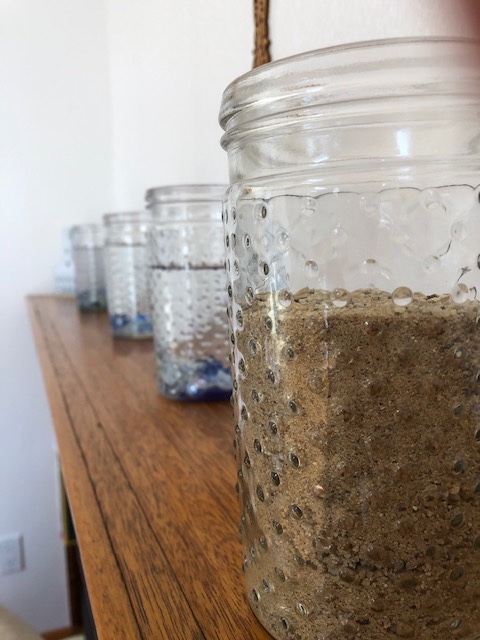Sermon preached by Rev. Kelly Jane Caesar on June 7, 2020
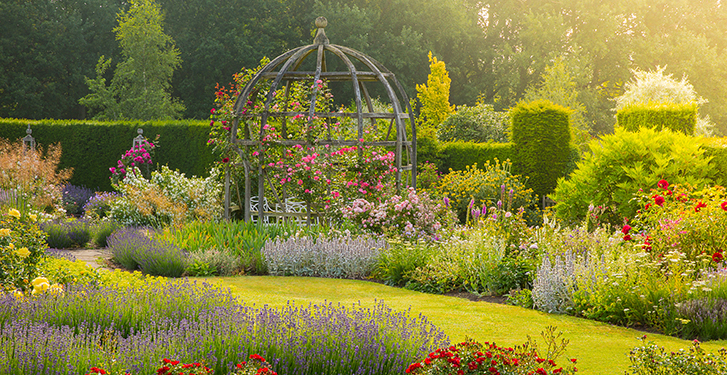
A number of people have asked me this week, “What can I do? What can we do?”
As peaceful protests continue to rage and a pandemic continues to lurk,
We wonder how on earth we are to be.
In this first chapter of the Bible we learn a lot about our first call as Beloved humans created by God, created in God’s own image.
While the rest of creation is deemed good by God,
Humanity alone is made in the Divine image.
So then, what do we know about the Divine at this point in the Bible?
As Rev. Brooks proclaims in his book, “Cathedral on Fire,”
The very first verses of Genesis show us that in the beginning,
God is a gardener –
A gardener tending to creation, nurturing life in all its diversity.
Then if we are made in the image of God,
We too are called to be gardeners, nurturing life in all its diversity.
In fact, in both verse 26 and 28 God explicitly calls humanity to care for creation.
Made in the image of God,
We are called to be gardeners,
Tending to creation, nurturing life in all its diversity.
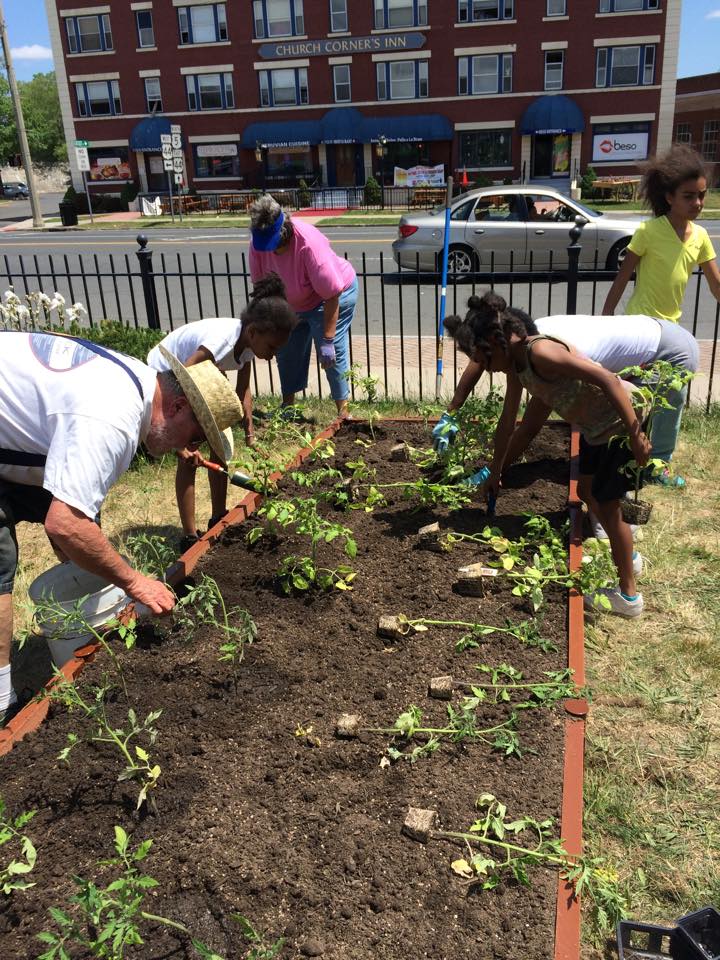
On a literal level this means caring for our environment –
Recycling, reducing our use of single-use products, avoiding plastics and fossil fuel use,
Divesting our money from environmentally unsustainable companies,
especially fossil fuel companies.
However, being God’s gardeners tending creation, nurturing life in all its diversity,
Involves a commitment to social diversity as well as ecological.
In the 27th verse of the first chapter we hear, “Male and female, God created them.”
This is not just the New Revised Standard Version or Common English Translation of the Bible being gender inclusive. The original Hebrew text also makes a point of including male and female. Distinct variations of humanity.
We are not to read this as restricting humanity to two genders though.
When we read God separating water from dry land, we understand that God created not just the oceans and the dry plains, but marshes and beaches and everything in between.
So too we understand God created humanity in a rainbow of genders and sexualities,
Just as God created birds, fish and animals in a variety of types –
Forever evolving into greater diversity and intricate beauty.
Our call to be God’s gardeners of this diverse creation includes nurture of both ecological diversity as well as social diversity.
On an ecological level we can support local farmers, water the church’s community garden, plant a variety of plants or simply try different foods to support a rich array of plants in creation.
Those gardeners among us know that nurturing ecological diversity in the garden means weeding or thinning out plants – excuse me if I don’t get this metaphor exactly right – but I know that some plants will take over a garden – like mint. Which is fine if all you want is mint. But, God’s creation is intentionally diverse. So sometimes we weed out the fast growing mint so that the tomatoes have space to breathe.
When we think of social diversity we may look at how certain groups are over represented or given extra space to spread, while reducing the space available for others. For example, media has improved over the years, but wealthy whites still get the majority of the limelight. Likewise, politicians, those who make laws, are overwhelmingly white men.
If we are to answer the first call upon humanity to be God’s gardeners of the diverse creation, we must examine how we nurture diversity in the environment and in our society.
For example, nurturing the social diversity of God’s creation means proclaiming that Black Lives Matter and working for racial justice until black and brown people are respected and treated with the same dignity as white people in America. That they have the space and security to breathe.
Nurturing the social diversity of God’s creation means celebrating Gay, Lesbian, Bisexual, Transgender Pride month, using the pronouns a person identifies with, not assuming families only look one way, and advocating for protections for transgender people disproportionately targeted for violence.
There are many ways to nurture the diversity of God’s creation in humanity
–
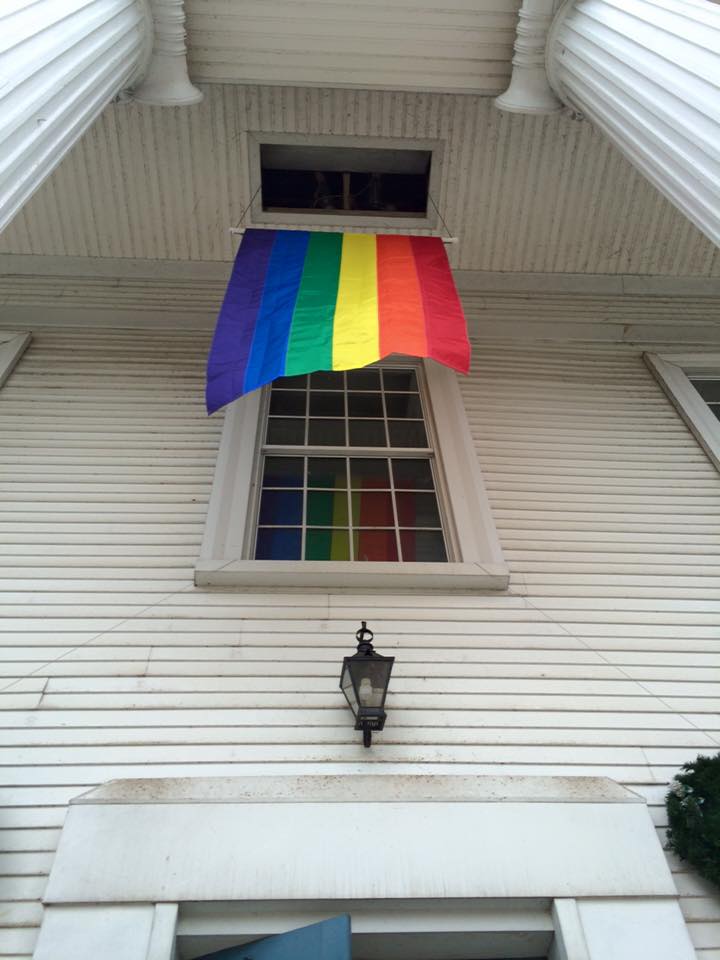
But I caution us to not jump to generalizations such as, “just be nice to everyone.”
Obviously be nice to people, but how we show compassion and solidarity is going to differ depending the history and background of the person we are trying to be kind to.
A cis-gender man who looks male does not need legal protections to use the bathroom, he already has that basic right. However, a transgender man does need legal protections when in comes to bathrooms because transgender men are often targeted and harassed, even killed, for using “the wrong bathroom.” So advocating for legal protections around bathroom use is a concrete way to show love to transgender people and nurture the beautiful diversity of God’s creation.
A white person can safely assume a sales clerk isn’t going to follow them around a store, whereas centuries of stereotyping often leaves a black person wondering if the sales clerk is trying to help or is following them around watching for shoplifting. A sales clerk who knows this history will monitor their actions so as not to inadvertently cause undo stress.
To answer our first call as humans to be God’s gardeners, nurturing the diversity of creation towards greater life, we must be attentive to the history specific community have experienced and practice compassion and advocacy based on rectifying the injustices experienced.
—-
After humanity was created,
“God blessed them and said, “be fruitful and multiply.” (V. 28)
As Louise so eloquently spoke about, God’s creation is intended to last and continue on.
Some people are “fruitful and multiply” by having children,
Others care for children or teach others a particular skill.
Some multiply love in the world through social justice or charity work.
Some are fruitful in their generosity of resources, time, and gifts.
To be human is to pass on and multiply the blessings we have received.
If you grew some great tomatoes, share them.
If you have some privilege, whether it is white privileged, heterosexual privilege or male privilege, work on ways to release some of the privilege so there is space for others to breathe. In the meantime, use your privilege to speak up when a marginalized group is put down. After all, it should not always fall to those marginalized to educate those with privilege.
—-
Finally, I would like to draw your attention to the conversation God has before creating humans.
V.26 “ Then God said, “let us make humanity in our image…”
Notice the plural pronouns for God.
God could be talking to angels in heaven, some commentators claim.
God could be trying to use a gender-neutral pronoun,
Similar to how my sibling Florence uses they and them pronouns.
Or God could be using the plural pronouns because God is triune-
That is God is three persons in one:
Creator, Christ, and Holy Spirit
The Trinity.
In fact today is Trinity Sunday in the liturgical calendar.
So if humans are created in the image of God-
The triune God,
Then we are created to be in this intimate community-
United in diversity,
As God is united as one in the diversity of Creator, Christ and Spirit.
Indeed, if we are to be God’s gardeners, nurturing diversity in creation,
Then we can only do so by being united in diversity ourselves,
As God is united as three in one.
This is why I found the images of protesters and police kneeling together and praying together so very moving. United in a repulsion over the murder of George Floyd; United in a desire for racial justice. This has not been the scene across the nation, and is not meant to imply our work is done, but the communities in which those with great power and privilege-the police- knelt down with protestors who are feeling so very fed up with racism – those communities have seen peace and courage-willing will see the most peace.

Such peace and unity comes when those with privilege and power kneel down and allow space for those once marginalized to breathe. Let me emphasize this point, unity and peace is not what happens when the disenfranchised are quieted and cease protesting. That’s just oppression put back into place. Unity and peace is what happens when those with power kneel down and allow space for those once marginalized to breathe.
Police kneeling with protesters is symbolic and merely a first step towards real, concrete action, but still, when I first heard of it, I immediately thought, ”communion.” That is what Jesus showed us how to do. Jesus, a man who bowed down to wash the feet of his disciples. Jesus, a man who died a shameful death of a criminal in order to be with the least of these.
Jesus showed us over and over again that peace and God’s justice comes in the uniting in diversity. Jesus gathered a diverse group of people together and regularly ate with them.
This group did not always agree.
This group did not come from the same social status,
Nor did they all have the same access to wealth,
Nor did they all have the same physical abilities.
Jesus gathered a rag-tag bunch of people together and ate with them.
The act of eating together was so important,
That on the eve of his death he commanded his disciples to continue the practice in his memory. And so we do so this morning…
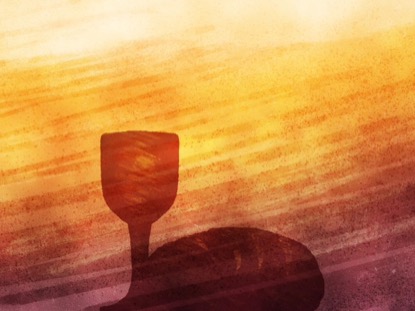
service continues with the holy sacrament of Communion…to read the entire service click here.
To view the slideshow of hymns and scriptures, click here.

